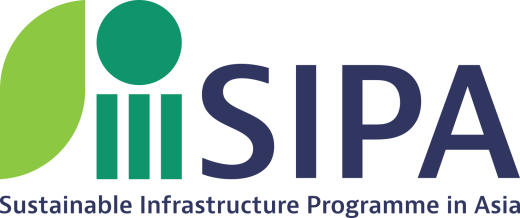Enhancing Regional Freight Connectivity for Central Asia

As Central Asian countries work to enhance economic growth and regional integration, investing in sustainable infrastructure is becoming increasingly critical. The region faces distinct challenges, including the connectivity gap due to the high costs of being landlocked, as well as disruptions caused by post-pandemic recovery and geopolitical conflicts. Large-scale transport programmes are essential not only for improving regional connectivity but also for addressing environmental concerns and building long-term resilience.
To set the stage for this study, the ITF has published a series of methodology papers that provide policy makers across the globe with the tools to define, measure and enhance the connectivity, decarbonisation, and resilience of freight transport systems.
- Read “Enhancing freight transport connectivity through analytical frameworks” by Dr Ruth Banomyong
- Read “Enhancing freight transport decarbonisation through analytical frameworks” by Dr Alan McKinnon
- Read “Enhancing freight transport resilience through analytical frameworks” by Dr Jasper Verschuur
- Read “Evaluating the relationships between connectivity, decarbonisation, and resilience in freight transport” by Dr Alan McKinnon
Then, to understand the key challenges and opportunities for freight transport in Central Asia, the ITF surveyed hundreds of experts across the region. Their responses provide valuable insights for national and regional transport planning.
Explore the full survey results for Central Asia
The remainder of the study focuses on analysing and quantifying the potential of ambitious policies and infrastructure investment to enhance the connectivity, decarbonisation, and resilience of the freight transport sector in Central Asia.
The ITF Global Freight Model will be used to forecast transport activity and network performance under alternative scenarios, allowing the study to:
- Identify potential connectivity and infrastructure gaps by 2050.
- Benchmark national freight transport policies against OECD best practices, focusing on opportunities to reduce CO2 emissions and improve infrastructure resilience.
- Develop recommendations on closing the potential connectivity and infrastructure gaps and propose policy pathways for enhancing the sustainability and resilience of the freight transport sector in Central Asia.
This work is part of the Sustainable Infrastructure Programme in Asia – Transport (SIPA-T) which helps decision-makers in Central and Southeast Asia to identify ways to enhance the efficiency and sustainability of transport networks.